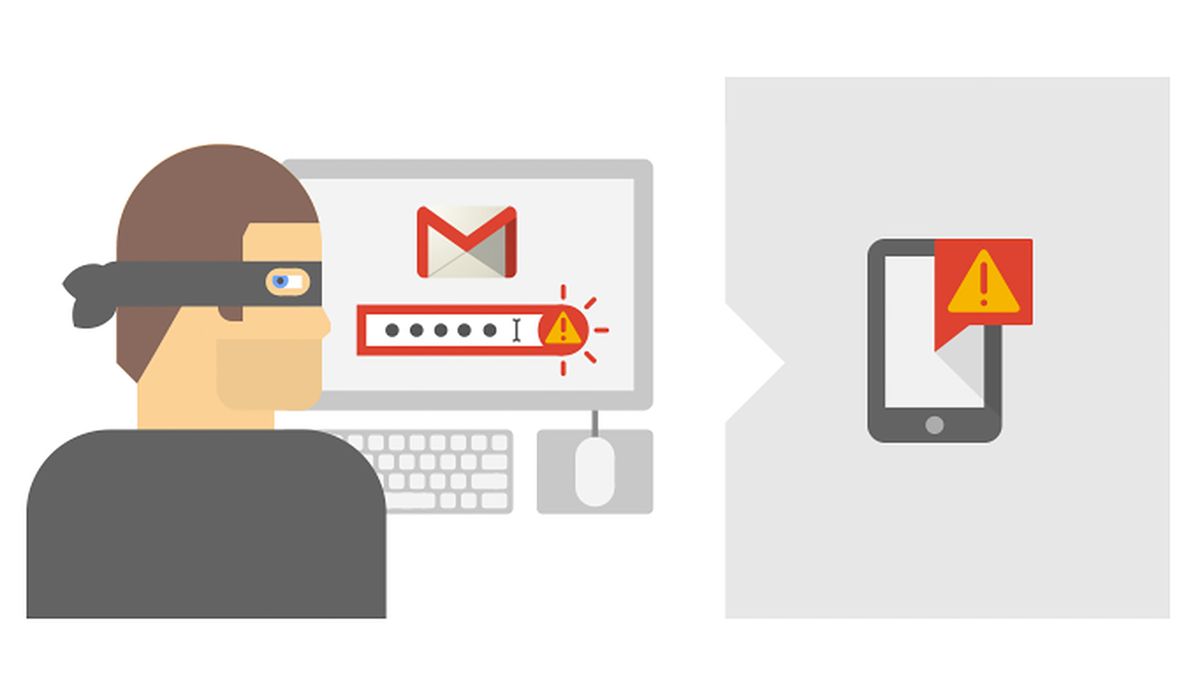Chinese rocket falling to Earth this weekend poses ‘extremely low’ risk to people
Another “out-of-control” Chinese rocket stage in orbit has spawned a news cycle. But for people on Earth, there’s not much to worry about.
The 100-foot-tall, 22-metric-ton corpse of a Chinese Long March 5B rocket that launched the first chunk of Beijing’s new space station last week will reenter Earth’s atmosphere sometime this weekend, and there’s an extremely high chance that pieces of the rocket will splash down in the ocean, analysts say.
“Much of the earth is covered in water, so there’s almost no risk,” said Dan Oltrogge, founder of the Space Safety Coalition and top policy expert at AGI’s Commercial Space Operations Operations Center. The risk to the public isn’t zero, he said, “but it’s a whole lot less” if it’s heading for the oceans.
The US Space Command, which helps track the roughly 27,000 human-made pieces of junk in orbit, is tracking the location of the Long March rocket stage, “but its exact entry point into the Earth’s atmosphere cannot be pinpointed until within hours of its reentry,” it said in a statement, estimating the rocket will reenter this Saturday, May 8th.
Most core rocket stages don’t enter orbit. They usually splash down in the ocean right after launch after boosting another smaller rocket stage into orbit. But China’s Long March 5B rocket has a unique design that puts the entire first stage into low-Earth orbit to deliver its payload — a 22.5-metric-ton Tianhe module that will serve as living quarters for China’s new space station in the next few years.
The rocket body is now dead, and it can’t be maneuvered or controlled. It’s orbiting Earth diagonally at a 41.5-degree inclination (or tilt) from the equator. That means it passes over a large swath of Earth, anywhere as far south as Chile and the top half of New Zealand, and as far north as New York and Madrid. But a majority of that orbital swath covers international waters, indicating chances of a reentry over a populated area is slim.
“The likelihood of any human being getting hit is quite low. It’s extremely low, let’s call it.” Oltrogge said.
There are still some valid concerns about space safety. Launching a massive rocket stage into low-Earth orbit, where traffic between satellites and space junk is sharply increasing, is risky. And it is possible for parts of the rocket to survive the fiery plunge back through Earth’s atmosphere. Pieces of a Long March 5B rocket fell from the sky over Côte d’Ivoire in Africa last year after sending an experimental satellite into space.
“Objects reenter almost every day, and once every few months there’s some stuff that reaches the ground,” Harvard-based astrophysicist Jonathan McDowell said in an email. “But this is only the second time (after last year’s reentry of the same rocket type) in 30 years that something this massive has reentered uncontrolled.”
Tiangong-1, China’s first prototype space station that launched in 2011, was another massive object that uncontrollably reentered in 2018 but mostly broke up in the atmosphere over the South Pacific Ocean. “By the time of reentry it was 7 tonnes, so it was significantly smaller than” the size of Long March 5B upon its expected reentry, McDowell said. “I expect significant pieces to reach the surface of the Earth – maybe up to several 100 kg [220 lbs] fragments,” he added.
Though reentries are super common, and most objects never survive their trip through the atmosphere, they’re somewhat hard to predict, Space Force commander Gen. John Raymond told reporters on Thursday during an unrelated call about his military branch’s digital capabilities to track objects in space. “As we get closer, that data will get refined. But space command’s tracking this, they’re all over it,” he said.
In the unlikely event a fragment of the Long March stage does hit land — and that’s not to say that land will inevitably be populated — it may have international legal ramifications. Under the 1972 Space Liability Convention treaty, countries are liable for the objects they launch to space. But “engaging the Liability Convention is as much a foreign policy decision as a legal one,” says Chris Newman, a professor of space law at Northumbria University in the UK. “The ‘victim’ state may be heavily dependent on the ‘liable’ state for infrastructure or investment and might not wish to rock the boat.”
In the meantime, there are a billion other things you can worry about besides China’s rocket stage, like the current climate crisis, the pandemic-induced shortage of Boba Tea (if you’re into that), or Elon Musk’s potentially cringe-worthy appearance on Saturday Night Live this weekend.


